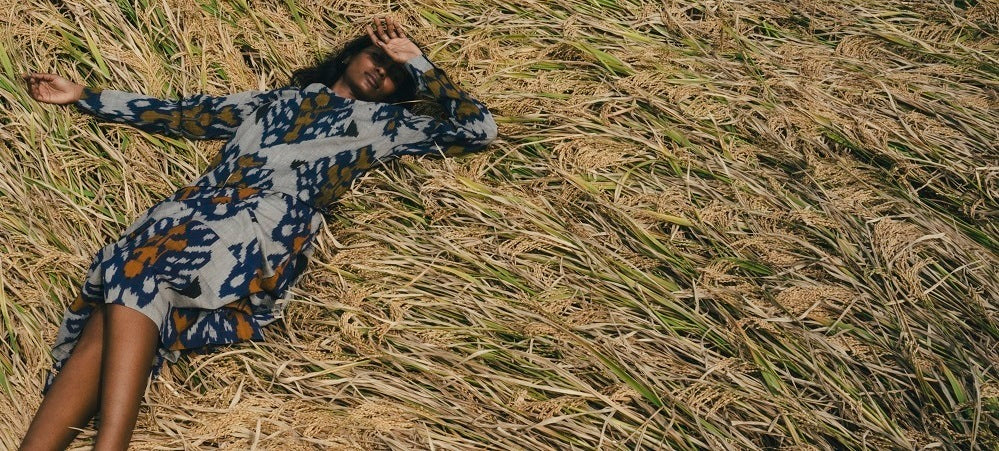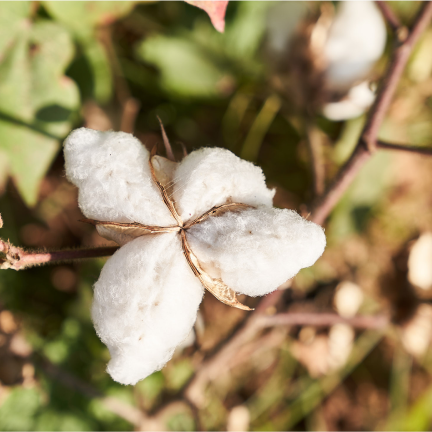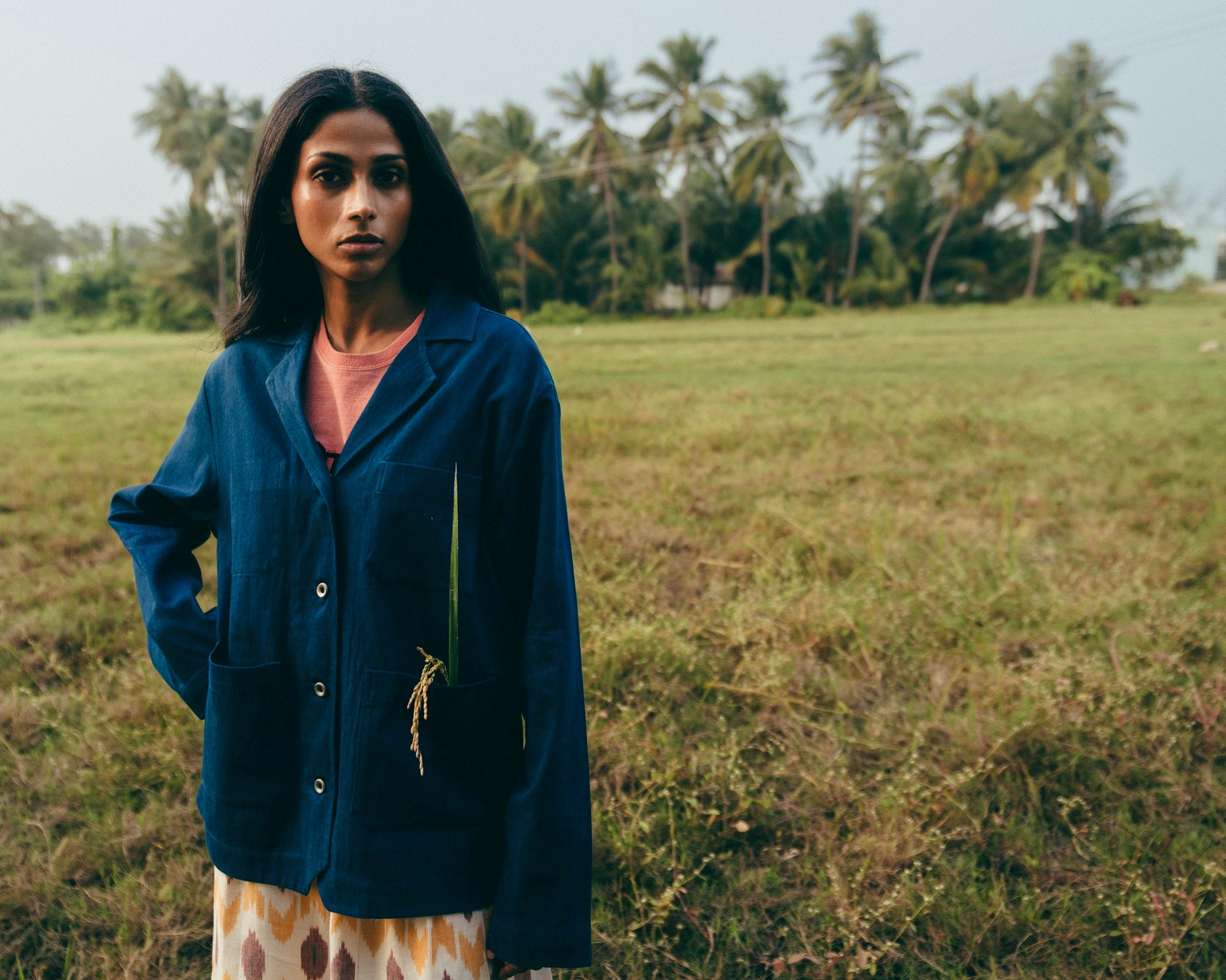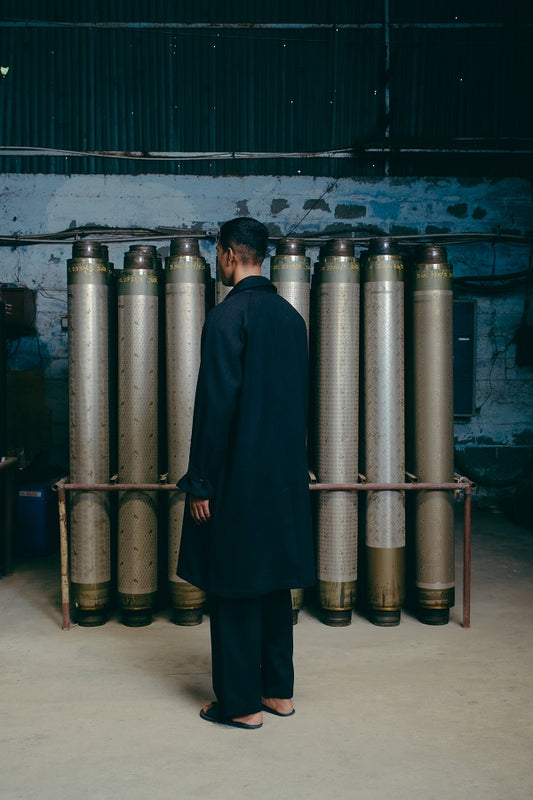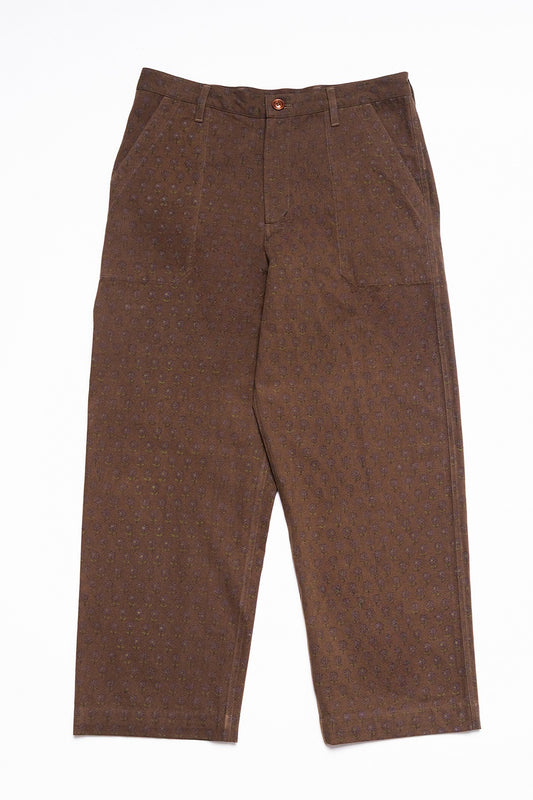Where the worlds of music, fashion and farming meet… photographer Theo Batterham documents his first visit to a cotton farm to see how Oshadi’s clothes are grown.
Theo Batterham tours the world, often with the music producer and dj Fred Again, and is more used to working on a festival stage than roaming the cotton fields on a farm in south India. But in February, that’s exactly where he found himself, on his first trip to the sub continent. Previously, Theo photographed a new batch of Oshadi pieces on some of his friends in south London. For Oshadi, it was an opportunity to see the collection in a different light, to share these home-grown clothes with a young London demographic. Then, in February Oshadi founder Nishanth Chopra invited him to see the cotton harvest, and to meet some of the collective, the farmers, cotton pickers, seamstresses and tailors who make the clothes. Tamsin Blanchard caught up with Theo back in London where he lives after the visit to reflect on his experience.

Tamsin: Had you ever seen cotton growing in a field before or been inside a clothing factory?
Theo: Not at all, not at all. That's why I think it was so exciting. I travel a lot for work, but my flatmates and friends can vouch for me that when I got back, I was very energized and inspired by the whole thing. And to be honest, just by Nish, his outlook on the way he runs that whole operation is just really amazing. So having the opportunity to just see it from the inside was really, really special, and definitely one of my favorite and most inspiring trips I've done, and just different, eye opening.

Tamsin: Tell us a bit about your work.
Theo: So I typically work in music, photography and videography, so I do a lot of touring with different artists. Over the last few years, I've been very blessed with the opportunities I've been given and the places that I've got to go. I mainly tour with Fred again, who's sort of blown up over the last few years as a big electronic artist. And yeah, we've been all over, to Australia, America, all around Europe. We're heading to Asia and Japan this year, which is also just amazing. And India has always been on the cards, but we've never got ourselves over there.
Tamsin: February is a good time to visit, before it gets really hot.
Theo: It was warm, but it wasn't unbearable. Often the start of the year is a little bit quieter with the music stuff, so it was kind of the perfect time. Nish is just a great host, showing me around and showing me all the nice food and home cooking and super enthusiastic. And also we got on really well because he has a big love for dance music, and I work a lot with dance music people. So we were sharing music. It was a really special trip to be honest.

Tamsin: It was an opportunity for Nishanth to mix two of his passions. Tell us, you are wearing a cotton T-shirt today, had you ever given much thought to where the cotton comes from, and how it’s made?
Theo: To be honest, probably not enough. I've always been interested in environmental issues, but I hadn't really thought about it that much, other than trying not to buy really cheap clothing. I shop in charity shops and that kind of thing. But I hadn't thought about it on that level at all. I think that's why it was so new and inspiring and hearing about all the different industries that aren’t regenerative and are so detrimental to everything. But then this little spark of Oshadi in the middle of all of that made it more impactful to see.
Tamsin: Everything is connected on the farm. It’s a whole ecosystem.

Theo: I was asking a lot of questions but you’ve really thought about every single tiny aspect of it down to every square inch of wasted fabric, you're using it for something. And I think that's the thing that really stuck with me, is the detail in which he thought about every part of the process. And the people. Nishanth was telling me about people who moved over from Nepal, and they're currently trying to figure out a way to get them housing or, you know, pay for their spouse’s visas to come over, and just things like that, which creates such a different working environment as to what people are used to in that area of India. I think that's why I was really so impressed and inspired.
Tamsin: You shot some film on Super 8 while you were there. There’s something about the lo-fi quality that works being out in the fields.
Theo: Yes, even the way, the way the frames move, is just different, and it kind of feels timeless, which is nice.

Tamsin: You went on the bus with the farmers that picks everybody up and takes them to the fields. Did you have lunch in the factory?
Theo: A nice moment was when one of the chefs came and found me in the factory, and said, you have to come to the kitchen. And they just wanted to show me the kitchen, and they just started feeding me, telling me ‘Have more food. Have more food!’
Tamsin: Does it make you think differently about the clothes, like the ones you photographed on your friends for the shoot you did?
Theo: You feel good when you know something's from a good place and you can track it. It's the same as the food, you know where it’s come from, so you feel good eating it. It's a similar feeling when you're buying a piece of clothing that you know where it's come from, it gives you a different sense of enjoyment.
You can follow Theo’s work and travels on his Instagram @theobatterham


